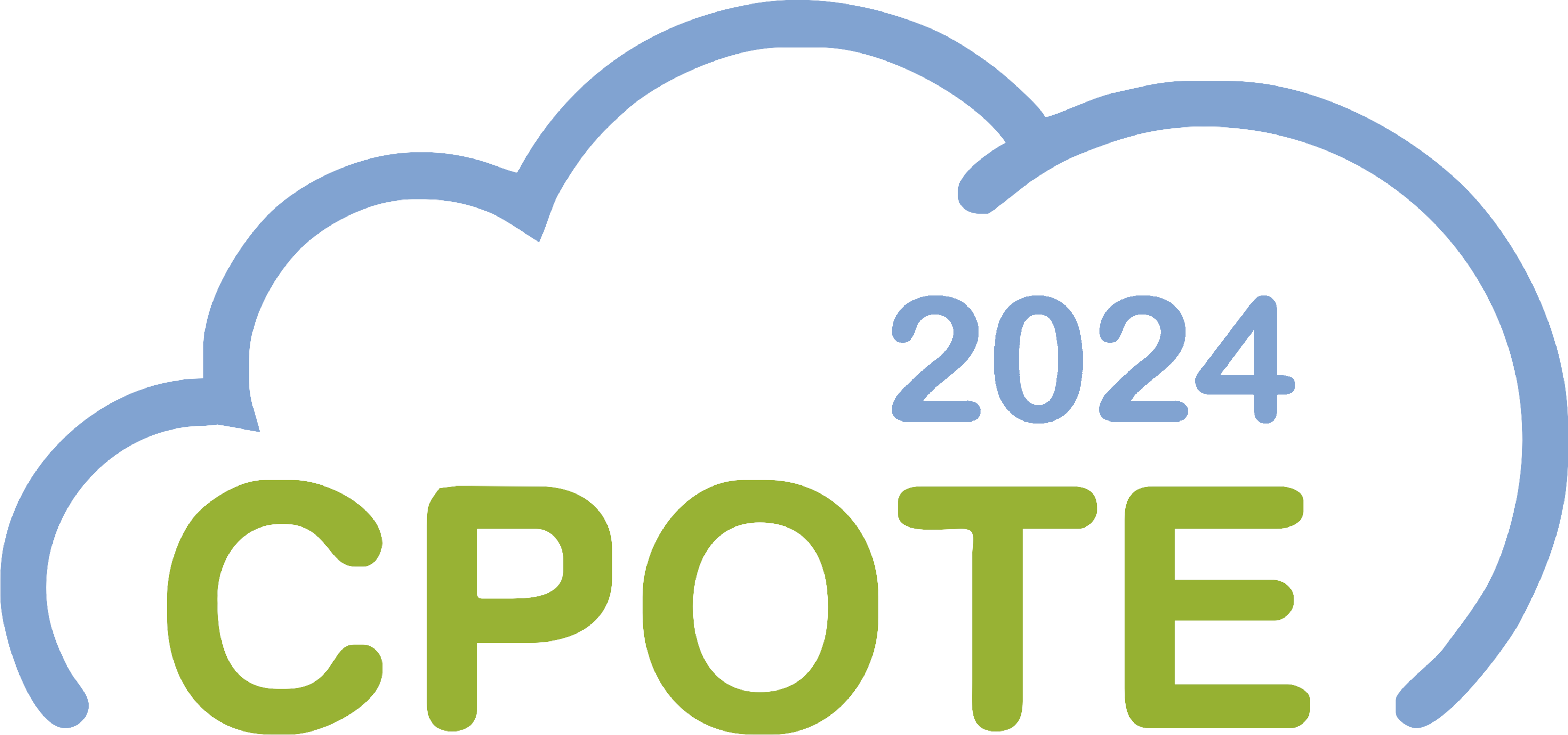
CPOTE2024
|
8th
International Conference on
Contemporary Problems of Thermal Engineering
23-26 September 2024 | Gliwice, Poland | Hybrid event
Contemporary Problems of Thermal Engineering
23-26 September 2024 | Gliwice, Poland | Hybrid event
Abstract CPOTE2024-13088-A
Phy2Climate: from bad-lands to bio-fuels | Social Acceptance Toolkit development
Karolina PETELA, Silesian University of Technology, PolandTomasz SIMLA, Silesian University of Technology, Poland
Agnieszka KORUS, Silesian University of Technology, Poland
Andrzej SZLĘK, Silesian University of Technology, Poland
Wojciech STANEK, Silesian University of Technology, Poland
Social acceptance studies are crucial for implementing innovative renewable energy and sustainability-related projects. It is also widely recognized that proper social acceptance management can reduce the time gap between the initial proposal phase of an innovative project and its implementation. These statements justify the need for performing a Social Acceptance analysis of newly emerging technologies like Phy2Climate. A technology that is described as a global approach for recovery of arable land through improved phytoremediation coupled with advanced liquid biofuel production and climate-friendly copper smelting process. Technology is socially accepted if it is supported by the community and policymakers at various levels, if the general public has a positive perception of the technology, if foreseen applications do not face significant obstacles from local policy-makers, residents, or other stakeholders; if local community members are willing and prepared to adopt the applications in their contexts and to take positive action in them when the occasion arises. The presentation is expected to outline the methodology to tackle the Social Acceptance status, to show the main barriers defined by local community members, and to demonstrate ideas on positive awareness-raising campaigns and plans for Social Acceptance Toolkit development.
Keywords: Biofuels, Phytoremediation, Sustainability, Social acceptance, Business
Acknowledgment: This project has received funding from the European Union’s Horizon 2020 Research and Innovation Programme under Grant Agreement No. 101006912.